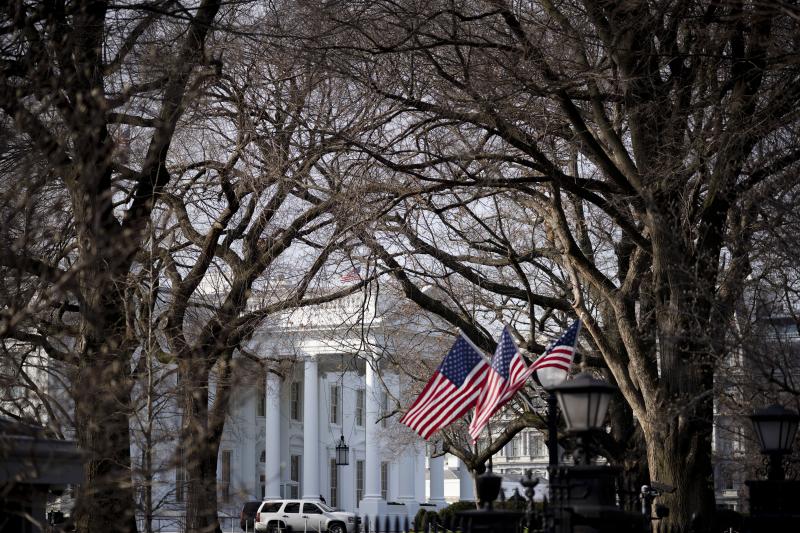Iran, Iraq and the American-created vortex
- By Heiko Khoo
 0 Comment(s)
0 Comment(s) Print
Print E-mail China.org.cn, January 15, 2020
E-mail China.org.cn, January 15, 2020

Until last week, Donald Trump's foreign policy combined bellicose language and economic warfare with restrained military action. No longer; with the killing of the Iranian General Qassem Soleimani, and the leading Iraqi paramilitary leader Abu Mahdi al-Mohandes in Baghdad, the script has been rewritten.
So, does this mark a new phase of the U.S. presidency where direct foreign intervention and war again will take center stage?
Trump's "America first" policy agenda inevitably contains a core contradiction. The economic, military and diplomatic power of the U.S. means it has troops, business interests, and political influence all around the world. However, to true nationalists the costs of such influence are too high.
In their ideal world of free market nationalism, the U.S. would save money and resources by reducing and withdrawing its military forces from its global outposts. They see American economic might as the main instrument of its international role, which must be maintained and enhanced.
Western news media are full of stories that portray Soleimani as a "villain" to justify "taking him out;" however, in Iran and the Middle East generally, he is widely regarded as a hero. And, although the U.S. decried his influence on militia units in Lebanon and Syria, in the struggle against Islamic State in Iraq, U.S. forces have been fighting alongside militias inspired by Soleimani and by al-Mohandes.
The U.S. war on Iraq in 2003 was followed by the disintegration of its government despite massive economic, political and military assistance. Iran became increasingly influential in Iraq and played an important role in defeating the Islamic State insurgency.
As part of his "anti-globalist" rhetoric, Trump posed as an opponent of U.S. troops remaining in Iraq. Yet, now that the Iraqi parliament has called for them to leave, the president is threatening them with sanctions.
Of course, whoever initiates action, and when, is important; and not only for reasons of prestige. If U.S. troops are forced to leave Iraq, this will reinforce and extend Iranian influence within that country.
The killing of Soleimani has undoubtedly strengthened Iran's leaders at home by galvanizing popular anger against America, diverting attention from socio-economic problems in Iran, partly caused by U.S. sanctions, that led to a wave of social unrest at the end of last year.
For all the talk of war, the chances of a full-scale conflict with Iran are slim. Having been defeated in Afghanistan and Iraq, the U.S. cannot possibly engage in any such action. The local terrain for a fight, ongoing influence on Shia militia groups throughout the region, and its military capability both human and material, mean that war would be far more difficult, complex and costly for America than either Iraq or Afghanistan.
In the first military retaliation, Iran launched ballistic missiles at U.S. military personnel bases in Iraq – the al-Asad air base in the west and in Irbil in the Kurdistan region.
In Washington, the Democratic Party and sections of Trump's own Republican Party are advising caution and de-escalation, aware of the constraints on U.S. power projection in the region.
The most likely trajectory is for a showy tit-for-tat escalation by both sides with a simultaneous secret diplomatic operation designed to limit its scope. However, despite the political theatre at home, in which Trump and his coterie declared their creed to be America first and their policy trajectory to be international retrenchment, the historical economic entanglement of U.S. interests around the world is simultaneously the foundation for the political and military world order.
It is not simply an empire of the mind. It is a system of power relations, which, by serving its own interests, clashes with the interest of other nations and people, sucking the world into its vortex.
Heiko Khoo is a columnist with China.org.cn. For more information please visit:
http://china.org.cn/opinion/heikokhoo.htm
Opinion articles reflect the views of their authors, not necessarily those of China.org.cn.
If you would like to contribute, please contact us at opinion@china.org.cn.





